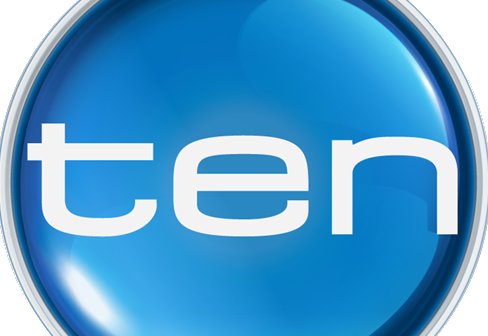Ten goes into administration
Australia’s third commercial free-to-air television network has gone into administration after its board met this morning.
The news comes after Ten went into a trading halt on the ASX yesterday, pending an announcement from the broadcaster.



Well not surprising!
Lachlan and his merry team did their best and failed – next strategy put it under and try and “save face” – then hopefully buy it back with News Limited shareholder funds.
No, Lachlan and his merry team did a fantastic job of collapsing the market cap, so when they do buy it to create Fox-lite, the price will be negligible.
This.
Was this a master plan all along, which will enable Murdoch / News to buy Ten?
Second question: Will the big, global guns, start buying up licenses? (Google, Amazon, FB..?)
“Both houses of parliament are currently on a break and are not set to return until Tuesday 8 August…”
Um, they’re both sitting right now up until the 22nd.
Hi Jen,
You are indeed correct. The story has been updated to reflect this.
Thanks for flagging.
Vivienne – Mumbrella
Hi. can someone explain what this means from a trading POV?
Kudos to all Ten peeps keeping things going today and getting the news together.
Many think this was the plan all along. Lachlan had the opportunity to put a stop to the flawed programming changes of 2011, like hours of nightly news, the flawed George Negus current affairs program, Neighbours moving to 11 etc, etc. If you had a nose for the TV business you would have made big calls then. BUT, would you really work to drive Ten down from 2011 to 2017 to get it as a cheap buy, go through years of pain and staff losses? So, fascinating to see how this all plays out.
The billionaires getting ideological and petty and claiming all those scalps from the 2011 management team, particularly Falloon, also goes down in history as a huge mistake. That pettiness has cost them plenty of $$$$$$$$$$$$.
‘Ad revenue will keep us going for sure’
‘Yeah, people love ads’
Sounds like a conspiracy theory that’s too real to be wrong:
Pull your loan guarantee backing so company wobbles and falls into receivership, just in time to also help scare wavering pollies into voting for media reform bill, then after Administrators savage staff numbers and cut expensive program supply contract, rebuy the place at a discount. First clever thing L*******n’s done
They haven’t gone into receivership. It’s voluntary administration. The bills are getting paid. Many, smart, informed commentators seem to have called this one long ago. It would seem that Murdoch wants a FTA TV channel…… How bad is that for our democracy? Having said that it does look like the old media power is shifting. Whilst Jezza didn’t win the election in the UK, he gave it a good nudge and the conservative press was well against him. I wonder if Mumbrella or an opinion piece on Mumbrella, could address the previous powers of the conservative media and whether this power is truly falling by the wayside? There are many CMO’s in the UK who will not associate their brands with Murdoch’s papers, nor say The Daily Mail, in print or online. Is there a list of Aussie brands who equally will not embrace the Murdoch press here?
Bring back Steve Cosser – he’ll sort it.
The OneTel kids strike again.
You had to be pretty silly to not sell your Ten shares when the Packer and Murdoch sons bought into the business and effectively took it over.
George – funny that Falloon and the gang at the time delivered $200m in profit the same year – and still Lachlan gets control. Shame on the Board of the day for allowing the two shareholders to dictate the path forward……..
When you go into McDonald you won’t ever see a ad for Hungry Jacks because they are the competition – yet constantly I see ads on Channel 10 for Foxtel, Stan, Netflix – Do they not realise this is the COMPETITION, why would you advertise the competition, so they can steal their viewers? How stupid is that!!
It’s called revenue…
Yeah but there is literally no price you could pay McDonald’s to advertise Hungry Jack’s. Revenue is one thing…
then why dont Ten show ads for Channel 9?
Answer: they see 9 as competition. But they dont see Netflix, Foxtel as competition.
Muppets, all of them.